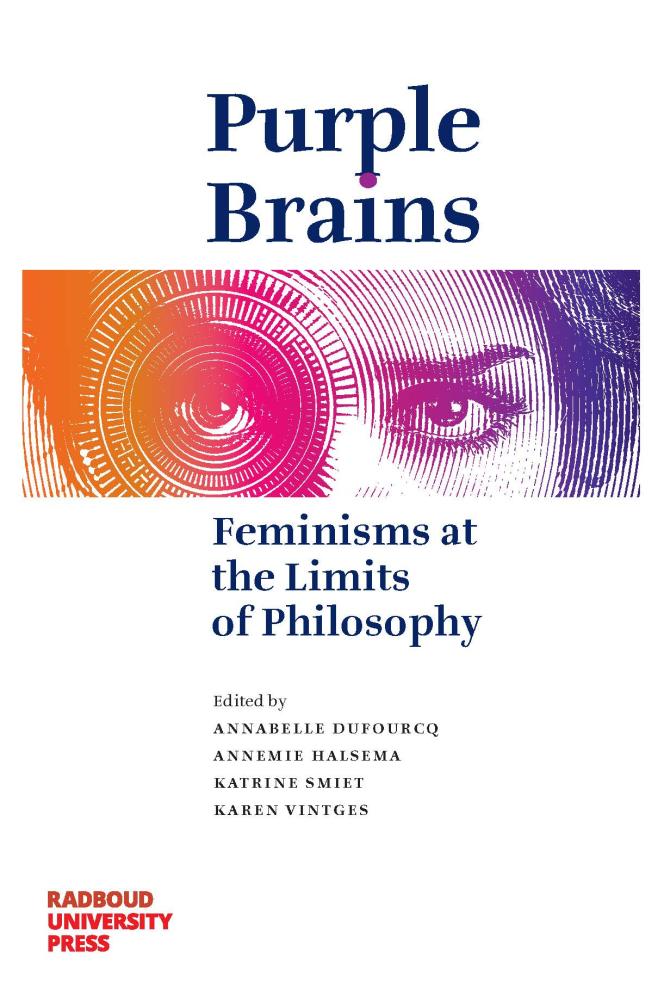At Home in the World: Hannah Arendt’s Transposition of Saint Augustine’s Concept of Love
Synopsis
Marli Huijer, in her article, “At Home in the World: Hannah Arendt’s Transposition of Saint Augustine’s Concept of Love,” relates Hannah Arendt’s dissertation on the work of Saint Augustine with her later works. Huijer highlights the incongruities Arendt found in Augustine’s love concept, and how she developed her own thinking of love for the world in response to it. Augustine distinguishes between cupiditas and caritas, disordered love for worldly things and well-ordered love for the eternal. Arendt, however, points out that, in search for the future summum bonum of eternal life, we turn away from the present and become disconnected from the world in which people live together. How can a person in God’s presence, and separated from the mundane world, love their neighbor? Huijer furthermore explains why Arendt, in her later works, keeps on referring to Augustine while distancing herself from his ideas, and how she reinterprets Augustine’s initium. Huijer argues that important Arendtian notions, such as plurality and natality, find their origin in her critical reading of Augustine.
Downloads
Pages
Published
Series
Categories
License

This work is licensed under a Creative Commons Attribution-NonCommercial-NoDerivatives 4.0 International License.



